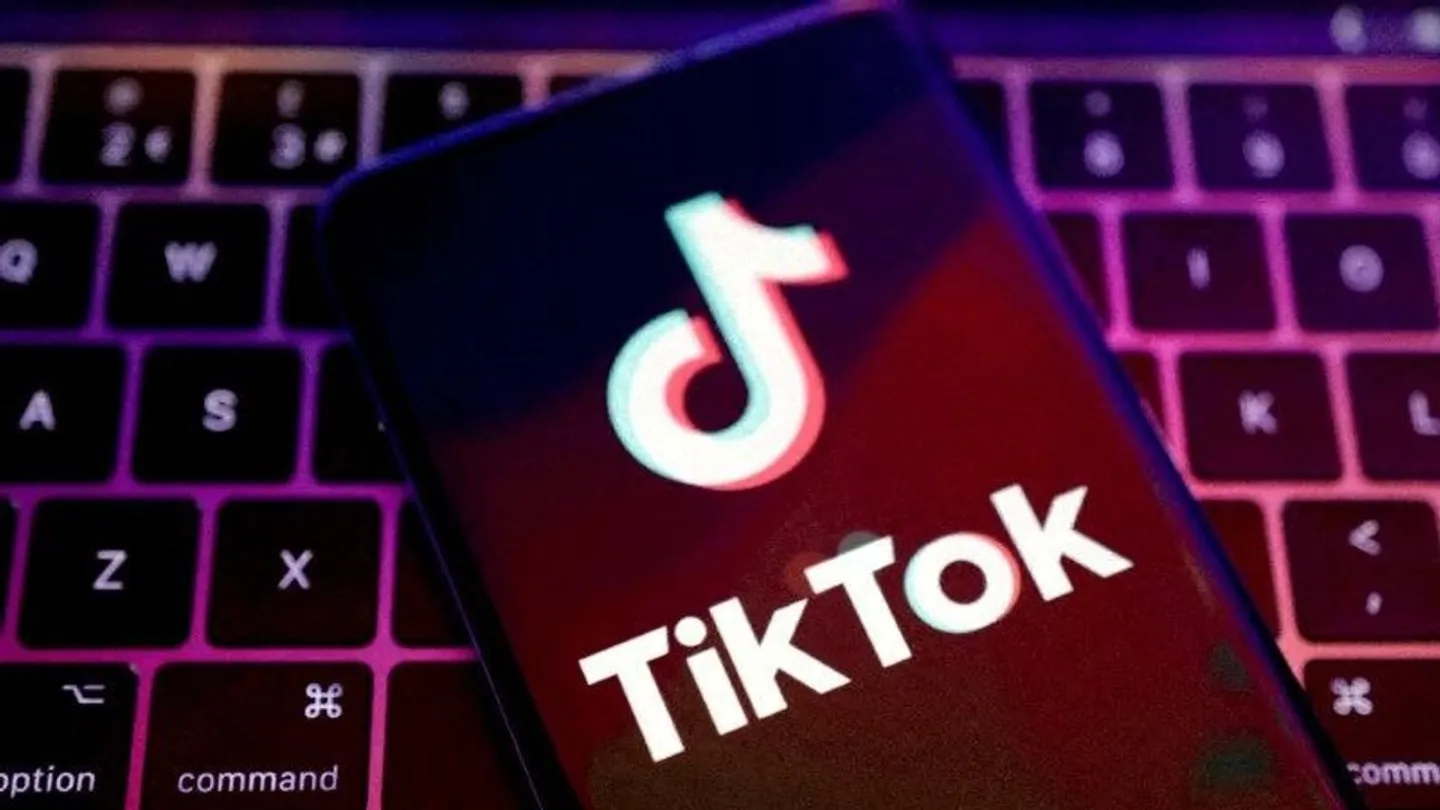
Egyptian authorities have detained dozens of teenage TikTok creators with millions of followers in recent weeks, accusing them of offenses from “violating family values” to money laundering, in a campaign critics say tightens state control over online speech.
Police have announced multiple arrests while prosecutors say they are probing at least 10 cases of alleged unlawful gains. Travel bans, asset freezes and device seizures have been imposed as investigations expand across popular accounts.
Rights lawyers argue that vaguely worded indecency provisions give officials broad latitude to police taste and retroactively criminalize creators’ income. They say authorities trawl years of posts and, if one is deemed indecent, earnings linked to the account can be recast as illicit and pursued under financial-crimes statutes.
One of the highest-profile detainees is 19-year-old Mariam Ayman, known online as “Suzy El Ordonia,” who has 9.4 million followers. Arrested on Aug. 2, she faces charges of disseminating indecent content and laundering 15 million Egyptian pounds (about $300,000). The Interior Ministry said complaints about her videos prompted the arrest. In a final post a day earlier, she acknowledged past clips that included coarse language or jokes, saying they were expressions of frustration rather than guidance for younger viewers. Her lawyer, Marawan al-Gindy, said generally that Egypt needs clear, consistently applied rules across platforms, not ad-hoc enforcement.
Suzy’s rise mirrors the randomness of TikTok fame: casual daily vlogs and makeup routines, then a viral livestream featuring a rhymed retort to her bus-conductor father that became a national catchphrase. Her upbeat content—shared meals, street-music dances in Turkey, and a widely viewed photo-shoot with her boyfriend—sometimes touched on economic aspirations, including a wish to move her family to a better home and secure schooling for her sister, who has a mental disability and occasionally appears in videos. The podcaster who interviewed her shortly before her arrest, Mohamed Abdel Aaty, was detained soon after.
The Egyptian Initiative for Personal Rights (EIPR) has urged prosecutors and the Interior Ministry to halt what it called an aggressive morality campaign rooted in ambiguous statutes. EIPR lawyer Lobna Darwish said prosecutors increasingly rely on a 2018 cybercrime article penalizing infringements on “principles or family values in Egyptian society,” a standard she says has been used to target content indistinguishable from mainstream television. EIPR has tracked at least 151 people charged under the provision across more than 109 cases in five years, likely an undercount.
As the crackdown has intensified, prosecutors have encouraged the public to report objectionable material. The Interior Ministry runs a TikTok account that has posted reminders urging creators to follow “morals,” while influencers say their comment sections now flood with accusations of immorality and calls for arrests. Unfounded rumors have also spread online, including claims of influencer-led organ trafficking.
Darwish added that enforcement has broadened from primarily targeting women to include people with dissenting religious views and LGBT Egyptians. In some cases, investigations were triggered by private content leaked from phones rather than public posts.
The State Information Service did not respond to requests for comment. TikTok says it enforces its community guidelines through automated systems and human moderators; its latest quarterly report cited the removal of more than 2.9 million videos from Egypt. Company representatives declined to comment on the arrests.
Creator economics remain a point of contention. Social-media consultant Ramy Abdel Aziz estimates Egyptian TikTokers earn roughly $1.20 per thousand views—about a tenth of U.S. rates but still meaningful in a low-wage economy. Financial-crime analyst Tamer Abdul Aziz argued that if authorities are concerned about illegal flows, they should scrutinize platforms and payment intermediaries: “If there’s a crime, you follow the owners and the money—not the performers.”




